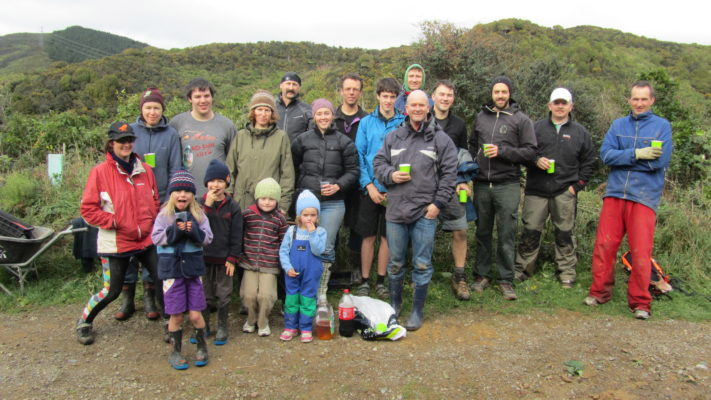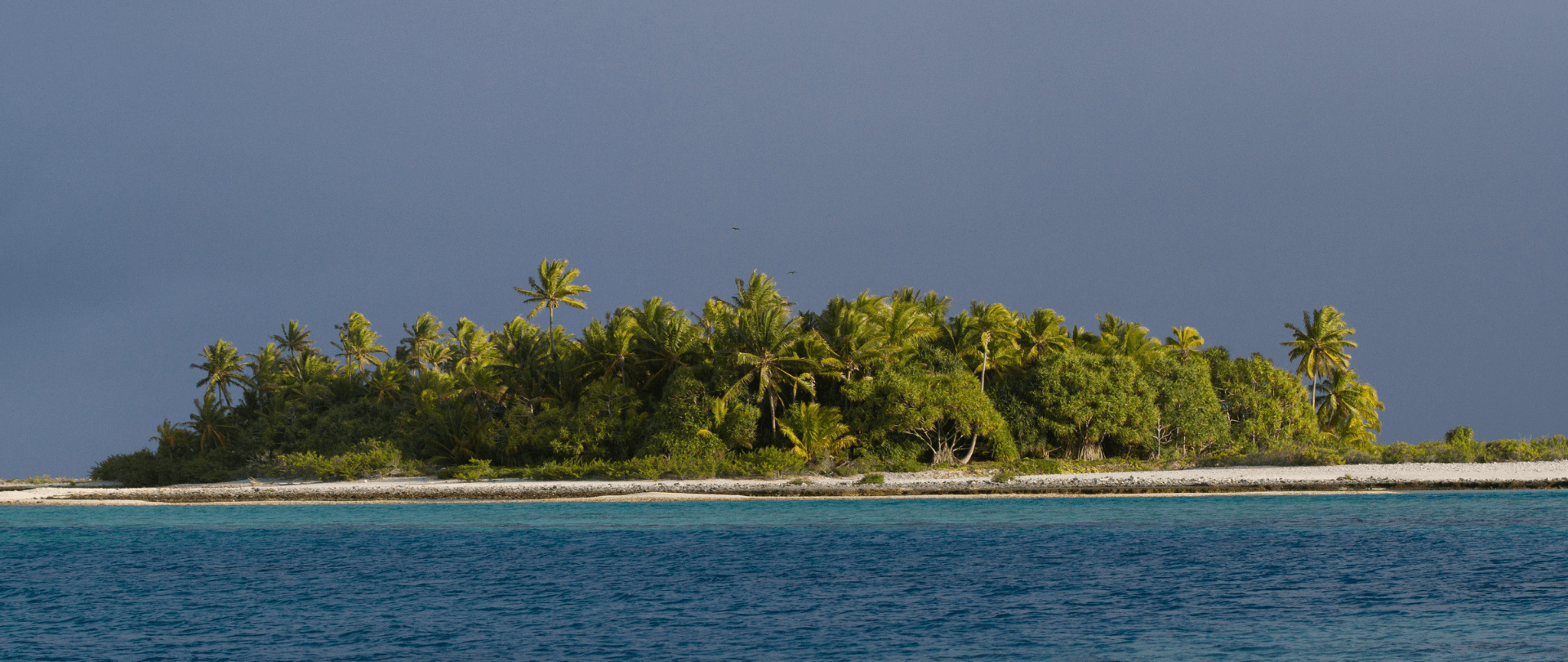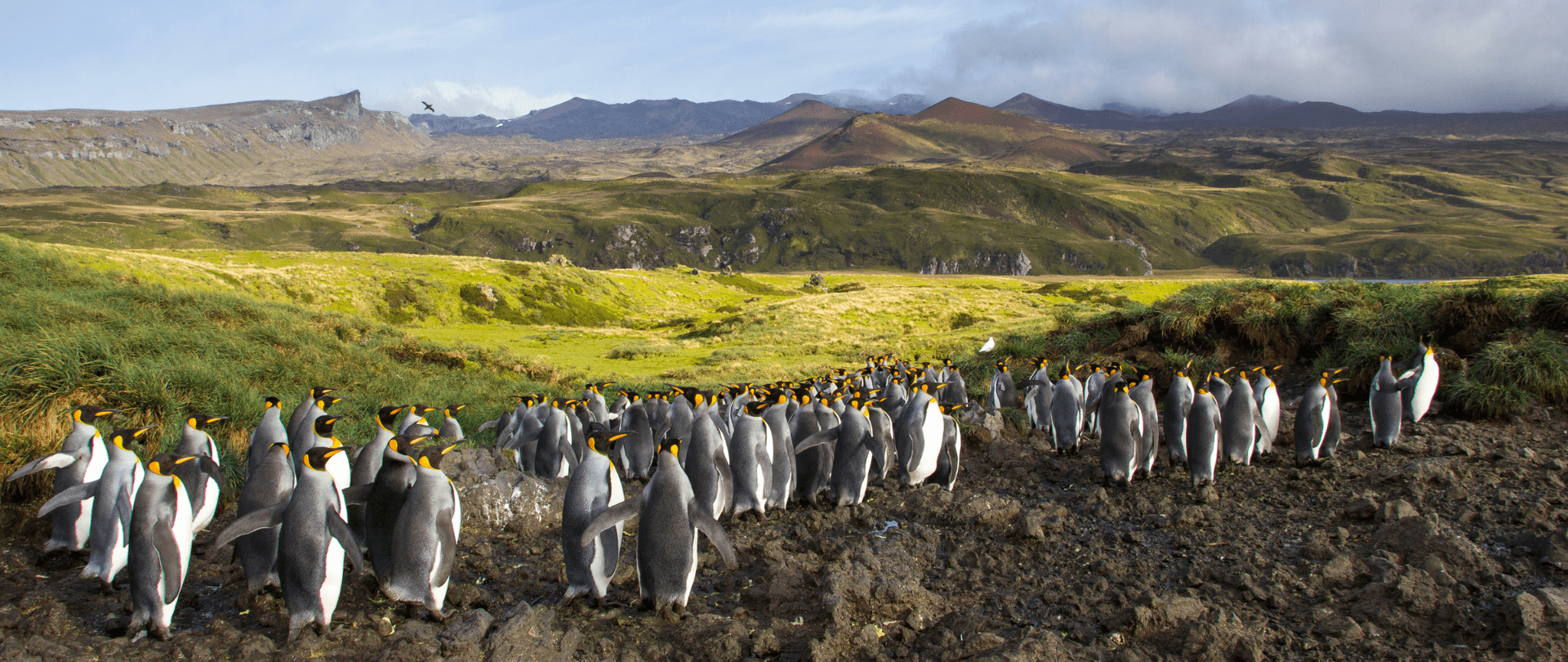The Ebiil Society: Champions of Palau
Ann Singeo, founder of our partner organization the Ebiil Society, shares her vision for a thriving Palau and a flourishing world of indigenous science!
Our new online shop is live!
Published on
June 1, 2018
Written by
noelle
Photo credit
noelle

Researcher Dr. Marie Brown from the Catalyst group, an environmental management consultancy, recently published a report that highlights the need for stronger support structures for conservation in New Zealand communities. They also need a defined strategy for outcomes to guide monitoring and a streamlined funding process that is based on prioritizing ecological needs. Predator Free New Zealand Trust Chairman Sir Rob Fenwick commented:
Conservation volunteers provide a huge resource in our war on predators but they are poorly supported and largely unacknowledged. To retain their energy and ensure they are being as effective as they can be, we need to be a bit more strategic about where they fit in predator projects and streamline funding processes to support them.
The report repurposes information from a prior report “Taonga of an Island Nation” by Parliamentary Commissioner for the Environment Dr. Jan Wright. The previous report raised concerns around funding for community groups and the need for support structures in order to alleviate administrative burden. It also recommended that in each region there be a national network of regional hubs to help support community conservation groups. A centralized support structure could take over core services required of all community groups. An updated strategy is also recommended so that funding can be prioritized by ecological needs. More effort is needed to ensure that high priority sites get funding first and that volunteers efforts are aimed at sites with the highest need for help. Sir Rob said:
These wonderful people give up their weekends to protect our ailing biodiversity. We need to ensure their efforts achieve the best outcomes we can.

Although interest in conservation in the community has never been higher, New Zealand is not yet winning the race against extinction. If they continue on the same path without revising their approach, extinctions will continue to erode New Zealand’s ecological health. Revising community conservation strategy, streamlining efforts, showing volunteers the clear outcomes that can be achieved, and supporting them with direct funding, they will have more success in protecting biodiversity.
Community conservation is different than agency-led conservation in that it takes place on a smaller scale and is more limited in expertise and financial resources. Community conservation is, however, extremely important and complements agency-led efforts. The report marks an important step toward supporting community conservation and protecting New Zealand’s beautiful biodiversity.
Featured photo: Hollyford Valley in New Zealand. Credit: Greg Schechter
Source: Predator Free NZ
Check out other journal entries we think you might be interested in.

Ann Singeo, founder of our partner organization the Ebiil Society, shares her vision for a thriving Palau and a flourishing world of indigenous science!

This historic agreement aims to protect the marine and coastal areas of the Southeast Pacific.

Our projects to restore key islets in Nukufetau Atoll forecast climate resilience and community benefits in Tuvalu!

Island Conservation and partners have published a new paper quantifying ecosystem resilience on restored islands!

Climate Week NYC: what is it and why is it important? Read on to find out why Island Conservation is attending this amazing event!

With sea levels on the rise, how are the coastlines of islands transforming? Read on to find out how dynamic islands really are!

Join us in celebrating the most amazing sights from around the world by checking out these fantastic conservation photos!

Rare will support the effort to restore island-ocean ecosystems by engaging the Coastal 500 network of local leaders in safeguarding biodiversity (Arlington, VA, USA) Today, international conservation organization Rare announced it has joined the Island-Ocean Connection Challenge (IOCC), a global effort to…

Island Conservation accepts cryptocurrency donations. Make an impact using your digital wallet today!

For Immediate Release Conservation powerhouse BirdLife South Africa has joined the Island-Ocean Connection Challenge (IOCC) – a global initiative aiming to restore, rewild and protect islands, oceans and communities – to support its work to save internationally significant albatross populations…